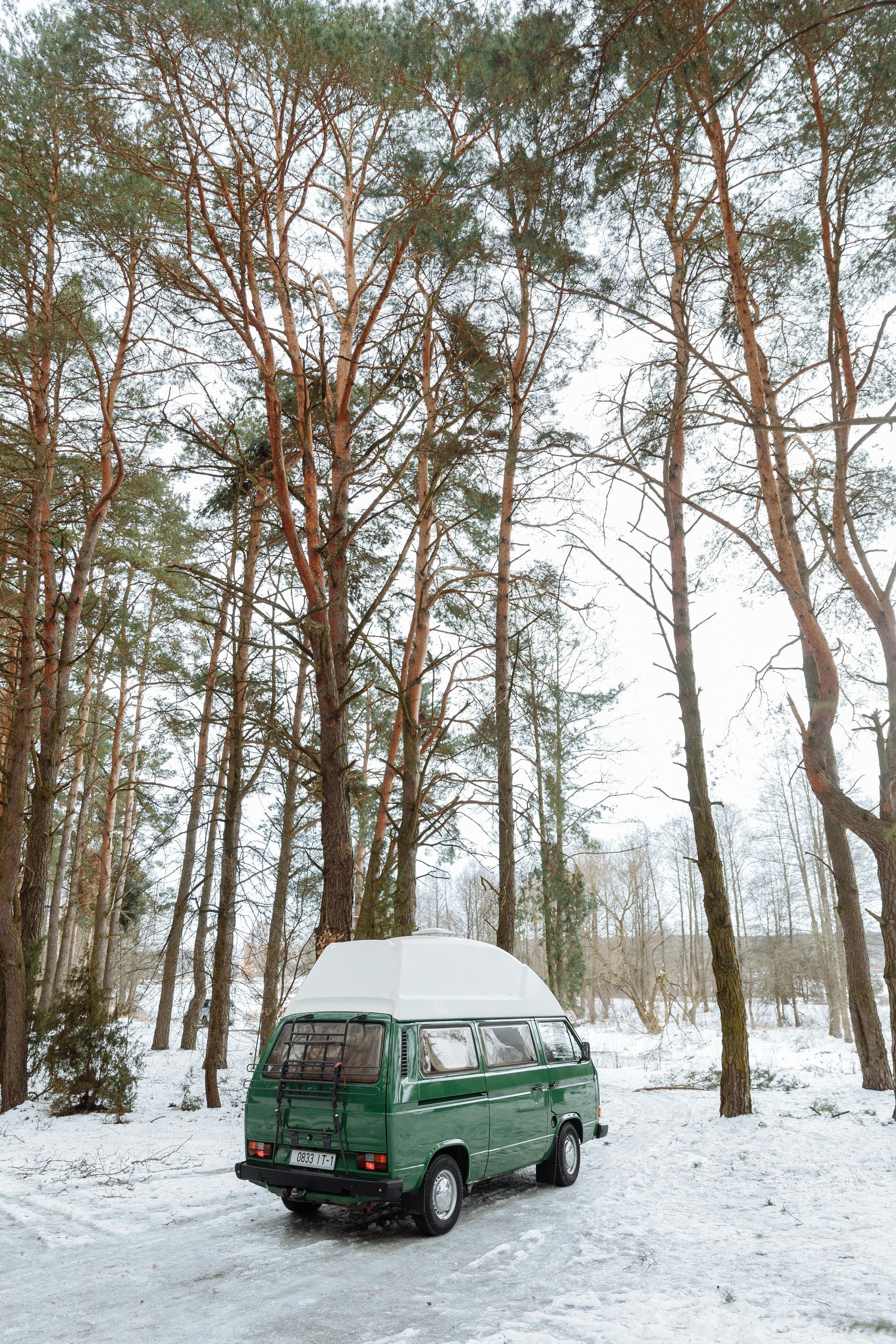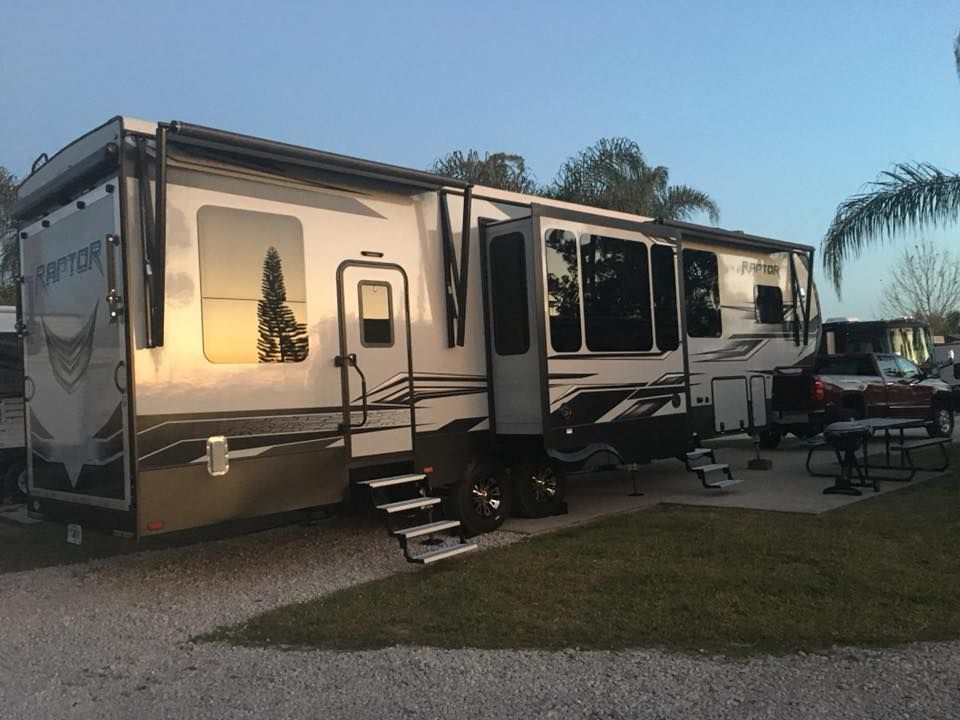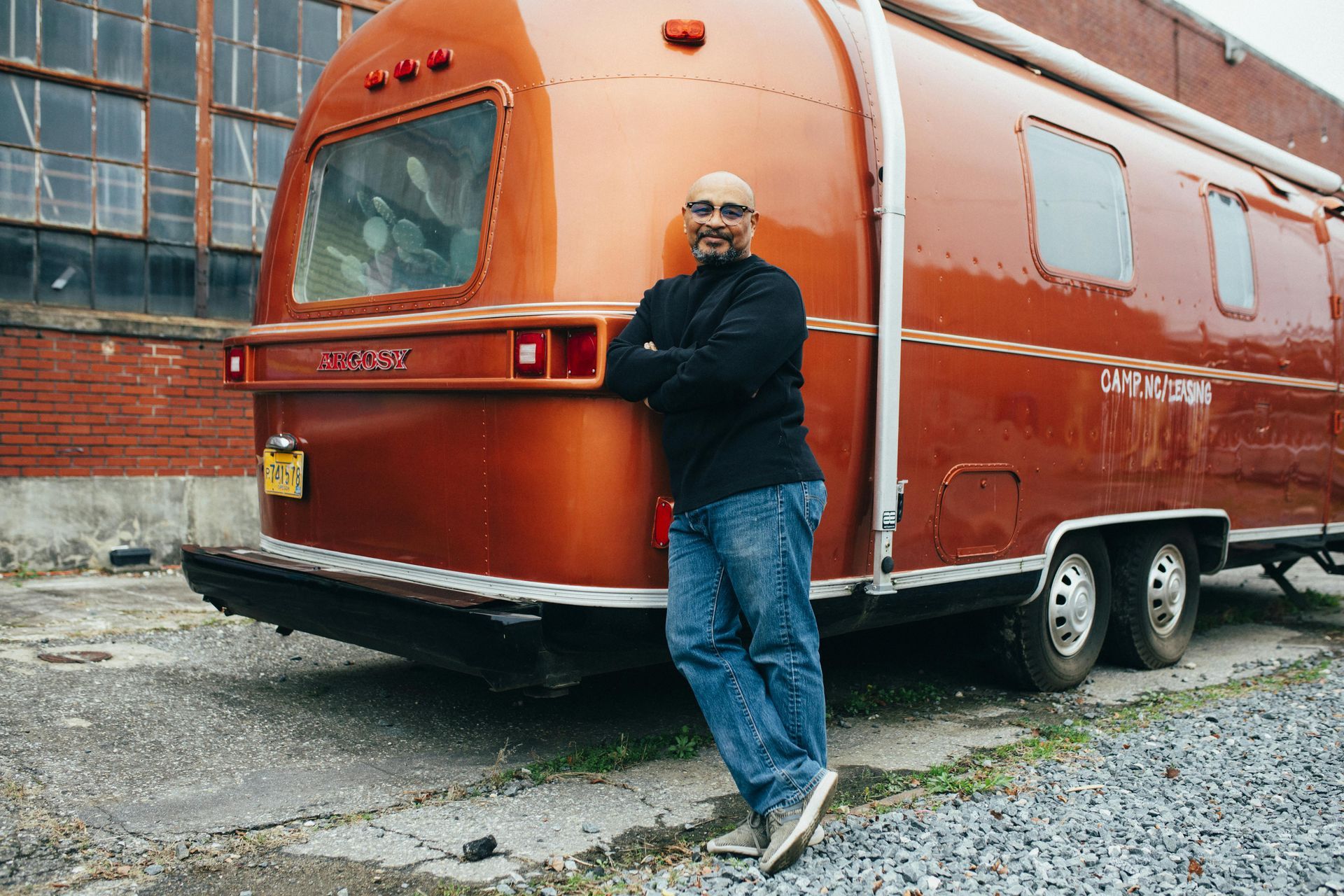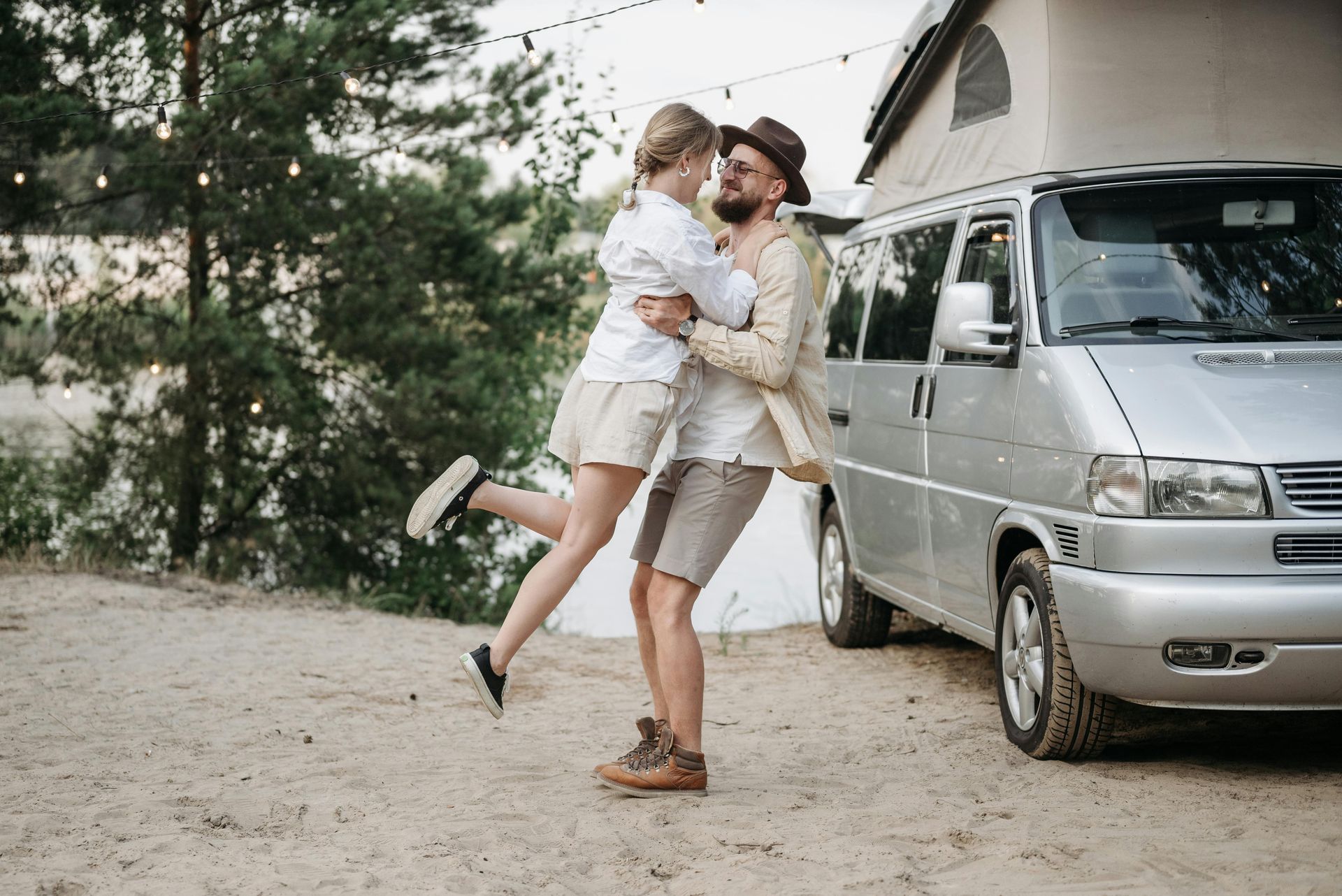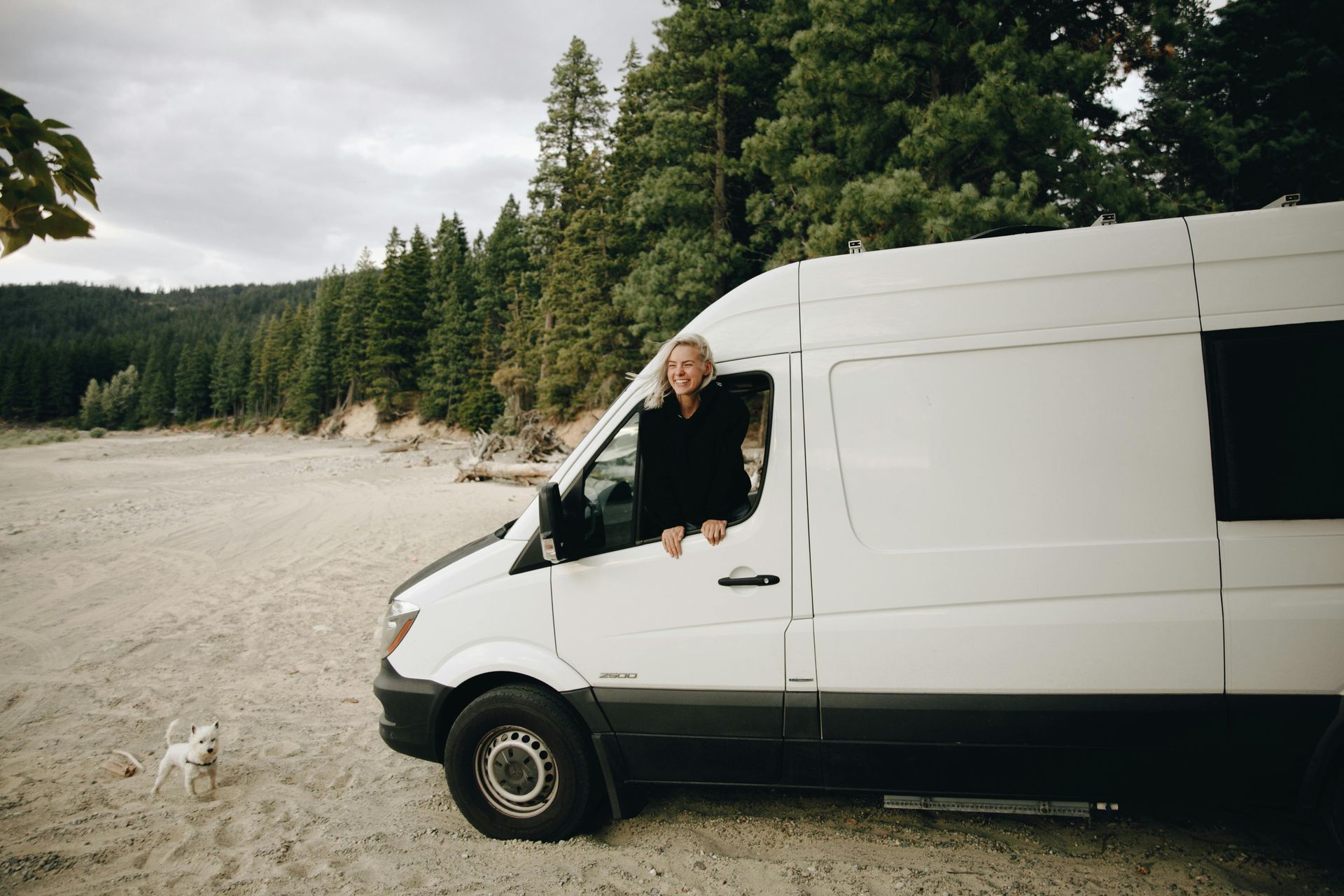Safety First: Learn RV Best Practices
At Learn to RV, we know that understanding towing capabilities is essential for a smooth and stress-free RV experience. Whether you're a seasoned traveler or just starting your adventure, grasping the ins and outs of towing can make a world of difference. In this section, we'll break down the key factors you need to consider—like weight limits, hitch types, and towing vehicles—so you can hit the road with confidence. Let’s dive in and make sure you’re fully prepared for your next journey!
Essential Towing Insights

How Much Can I Tow?
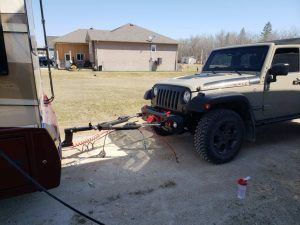
Flat Towing Behind Motorhome
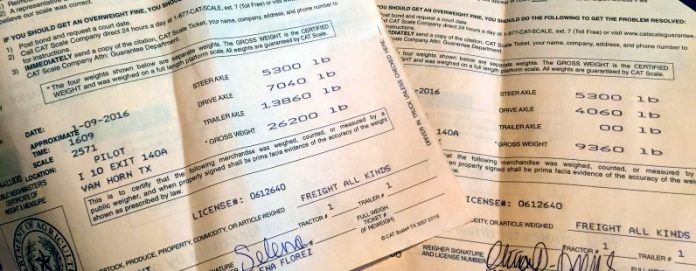
Weighing Your RV
Essential RV Maintenance Tips
Keep your RV in peak condition with these vital maintenance tips. Regular upkeep ensures safety, efficiency, and longevity for your adventures on the road.
Check Tire Pressure Regularly
Maintaining proper tire pressure is crucial for safety and fuel efficiency. Check your tire pressure before every trip and inspect for wear and tear.
Inspect and Clean the Roof
Your RV's roof is exposed to the elements. Regularly inspect and clean it to prevent leaks and damage. Aim for at least twice a year.
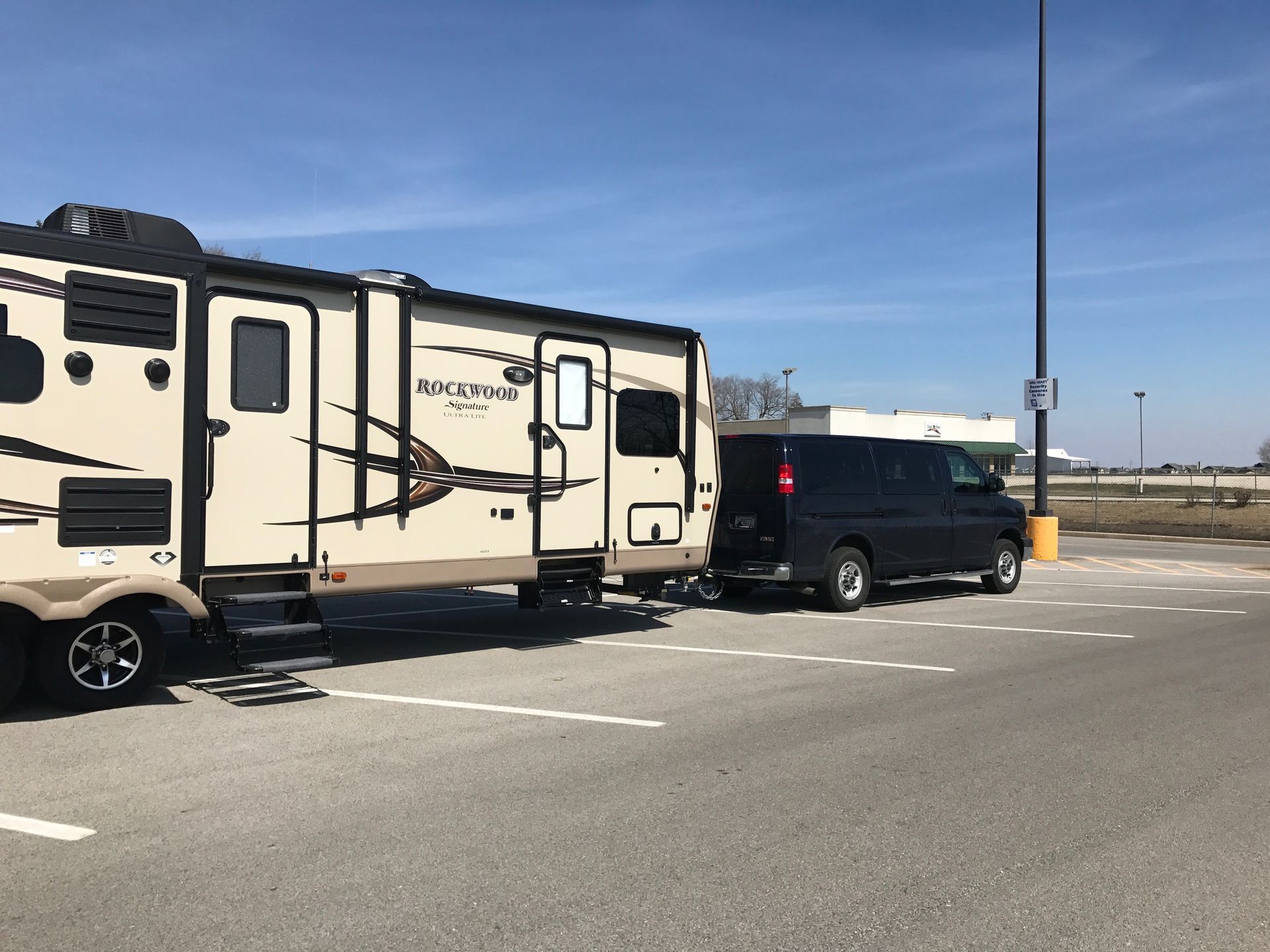
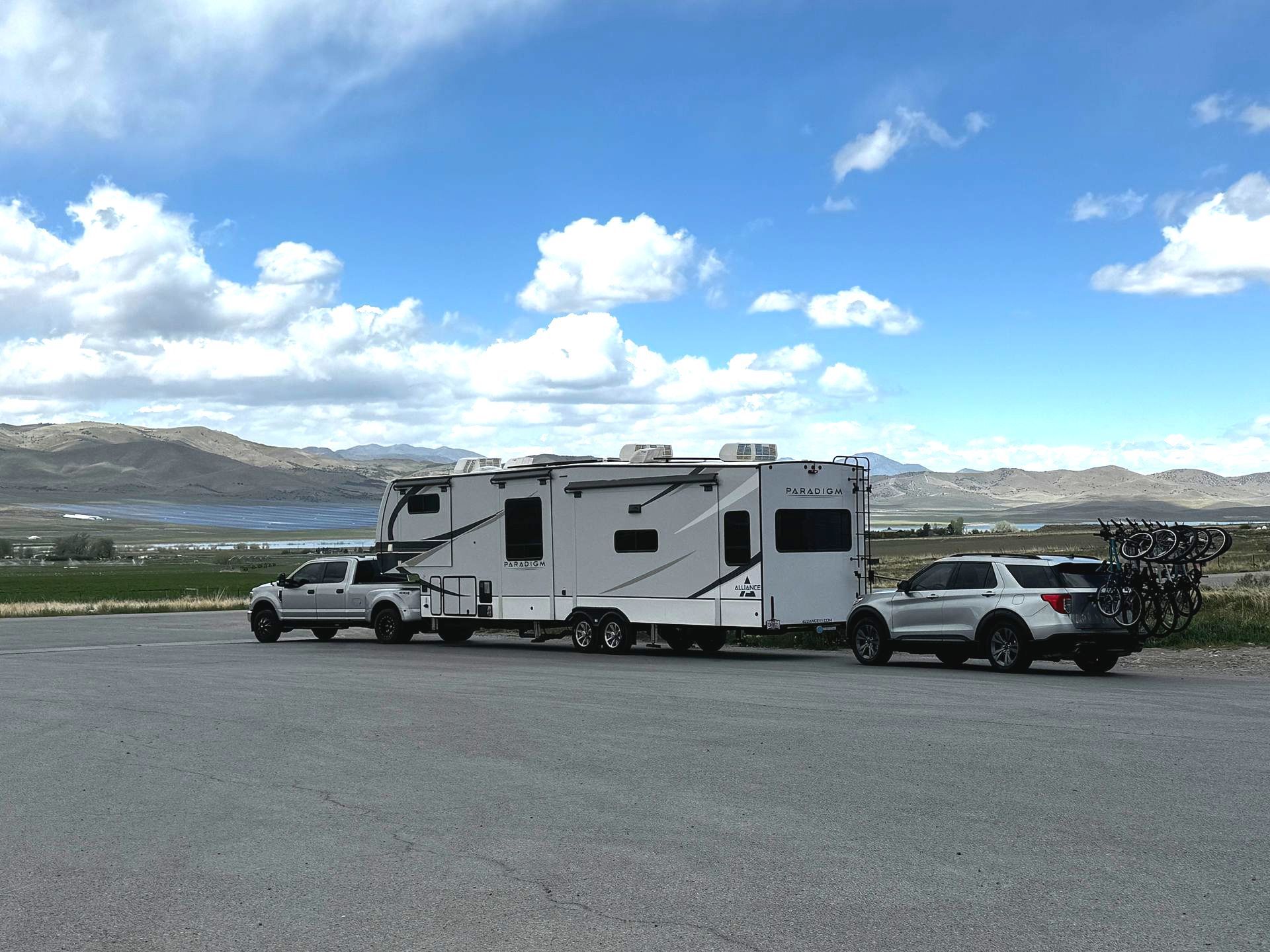
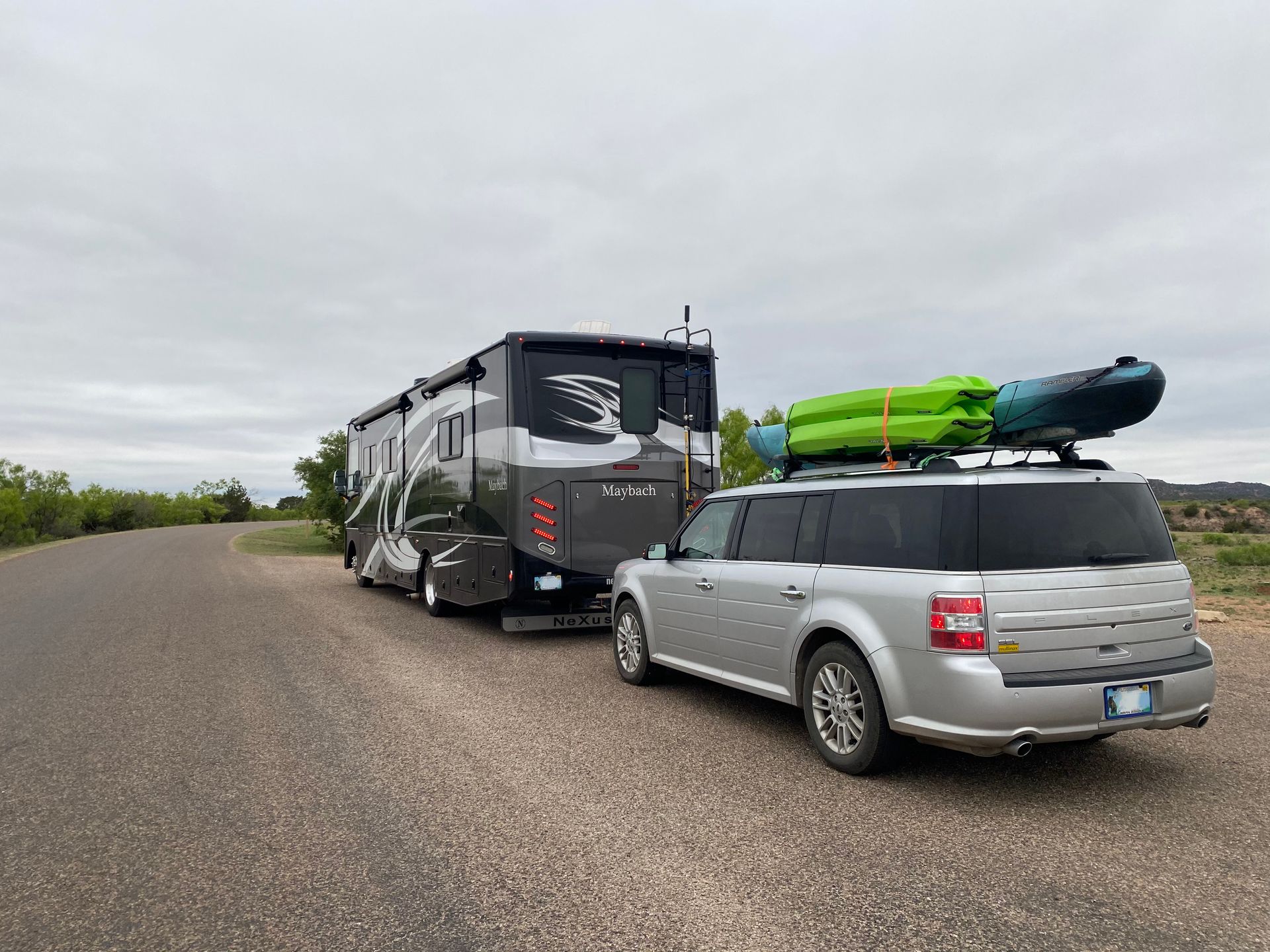
Essential Pre-Road Checklist for RVers
Travel days can be hectic, but a checklist turns chaos into calm. Here’s why taking a few extra minutes before you roll out makes all the difference:
1
Prevent Costly Mistakes
Forgotten steps like leaving a slide partially out or not securing your fridge can lead to damage, and expensive repairs.
2
Reduce Travel Day Stress
A checklist keeps you focused and organized, even when you’re tired, distracted, or rushing to leave on time.
3
Keep Everyone (and Everything) Safe
From locked doors to latched cargo, a solid checklist ensures your family, pets, and gear are all protected on the road.
Planning a travel day? Whether you’re a seasoned RVer or just getting started, a checklist will help you hit the road with confidence. From inside prep to outside gear checks, and even RV-specific must-dos, this guide covers it all.
Plus, grab your FREE printable checklists at the end of the post to keep on hand for every departure!
RV Safety FAQs
Got questions about RV safety? We've compiled a list of the most frequently asked questions to help you safe. Whether you're a seasoned traveler or a new RV owner, these answers will guide you through common concerns.
What are the basic safety tips for RVing?
Always wear your seatbelt, check your tire pressure, and ensure your RV is properly loaded. Familiarize yourself with your RV's safety features and practice safe driving techniques.How can I prevent accidents while driving my RV?
Stay alert, avoid distractions, and maintain a safe following distance. Use your mirrors frequently and be aware of your vehicle's height and width to navigate safely.Get TipsWhat should I do in case of an emergency?
Have an emergency kit ready, including first aid supplies, water, and non-perishable food. Know the emergency procedures for your RV and have a plan for roadside assistance.Learn MoreHow do I ensure my RV is safe for camping?
Before setting up camp, check for any hazards in the area, ensure your RV is level, and secure all outdoor equipment. Follow campground rules and guidelines for a safe experience.What are the fire safety measures I should take?
Install smoke detectors and fire extinguishers in your RV. Avoid using open flames inside and ensure your cooking appliances are in good working order.
RV Fire Safety
Fire Prevention
THe more you know
At Learn to RV, we understand that RV fires can ignite from various sources, like faulty power outlets, tire failures, and propane mishaps. Our mission is to educate you on these risks so you can enjoy your adventures safely and confidently. Let’s keep the focus on exploration, not emergencies!
Fire Safety information
One of the biggest challenges RV owners face is knowing how to handle a fire safely and effectively. While having a fire extinguisher is a crucial first step, there are several other measures you should consider to keep your RV safe. It’s essential for RVers to have certain safety features in their RV and a clear fire safety plan.
Regular fire drills can prepare you and your family for emergency situations, ensuring everyone knows how to respond swiftly.
Additionally, investing in advanced fire suppression systems like Proteng can provide an extra layer of protection that could save lives and property. At Learn to RV, we’re here to equip you with essential safety knowledge and resources, helping you enjoy your adventures with peace of mind.
What Our Clients Say
"Thanks to Learn to RV, my RV is in the best shape it's ever been! The maintenance tips were easy to follow and made a huge difference in my travels."
Craig Smith, RV Enthusiast
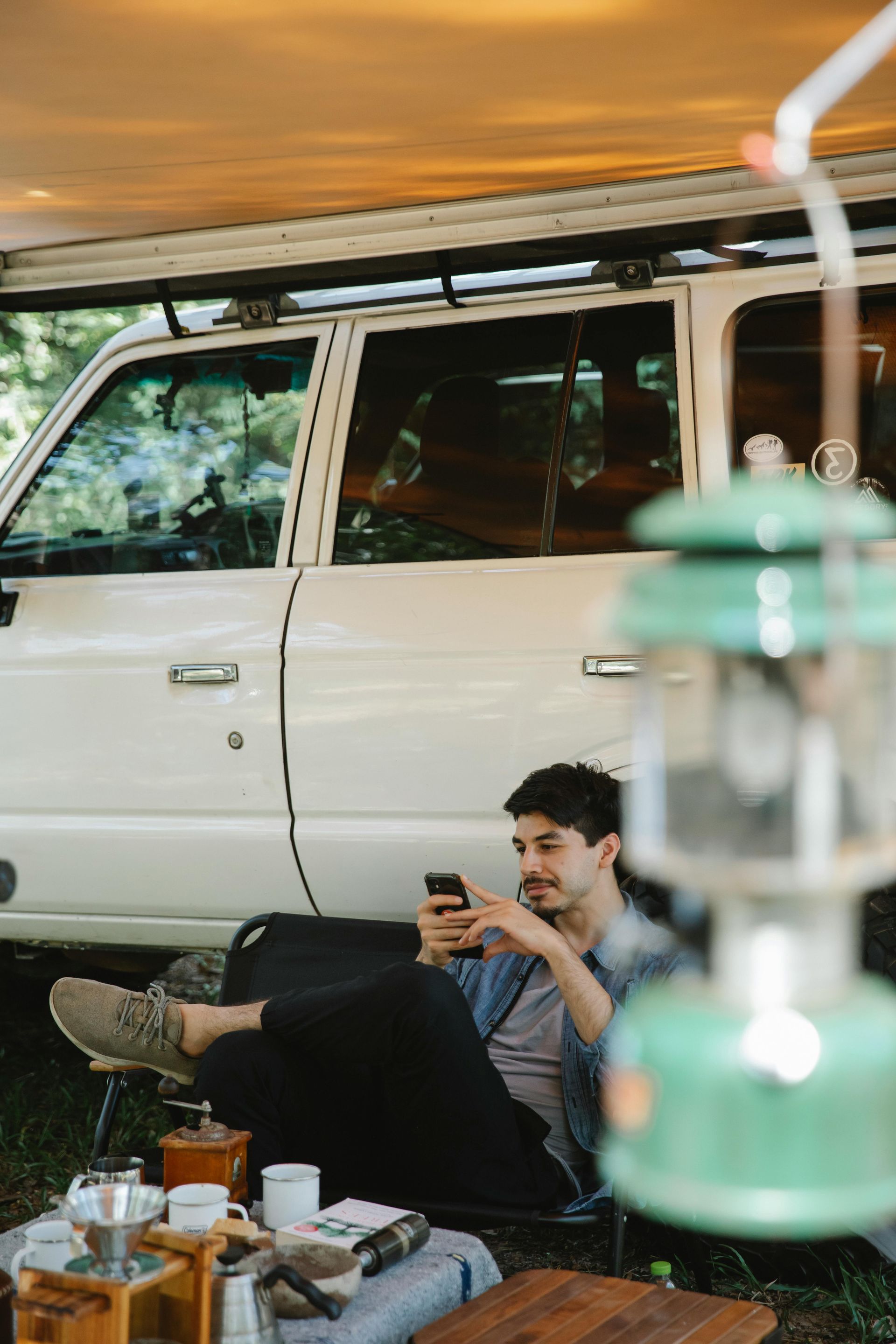
On the Safe Side: Highlighted Reads
Looking for practical ways to stay safe on the road? This section features our top safety blog posts, covering everything from travel day tips to fire prevention and tire care, so you can RV smarter and with more peace of mind.

